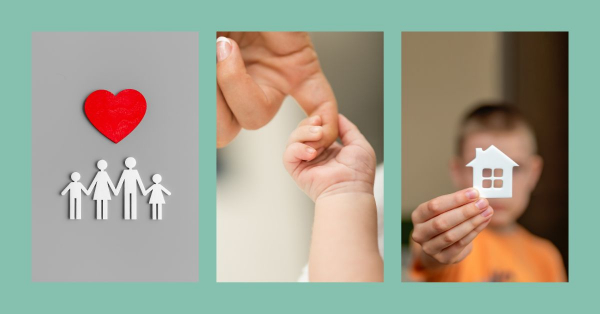My Brother Has Disabilities
My brother, Tyler, was adopted at 15 months old. We didn’t know that he had special needs until months later when my parents realized he wasn’t developing like my two sisters and I had as babies.
Learning about My Little Brother
Tyler has since been diagnosed with numerous disabilities, including ADHD, bipolar disorder, and nonverbal learning disabilities. He is also on the autism spectrum. Having three very involved, athletic girls, our family had never known anything other than a “normal” lifestyle. At first, it was very difficult for our family to fully understand the different disability areas we would face with our new baby brother.
However, my parents actively sought help from many professionals so we could learn, as a family, how to best support my brother. From my experiences, I have learned some things that are essential for parents with children to know if they are adopting a child with special needs.
Things to Know
First, involvement of the entire family—including siblings—is key. The siblings need to know exactly what is going on with the adopted child and how to provide the care he or she needs. Trying to ignore or hide the problems will not make life easier. Therefore, it’s extremely important to communicate with the entire family.
Second, it is important for the family members to get some time away from the home. Early on, I found myself feeling too responsible for Tyler, which led to some resentment toward him and my parents. When Tyler would have episodes, it was very taxing on the family. I needed to escape from the intense environment during these times.
I loved recuperating through one-on-one time away with my parents or sisters. Tyler also loved having special outings and time away from the house. I think it helped all of us put things back into perspective. We remembered why we loved Tyler and found the strength to be and do what he needed.
Third, seeking outside help can bring the family closer together. My parents often checked in with my sisters and me to make sure we were okay. At one point in time, when things with Tyler were extremely difficult, we saw a therapist as a family. This helped us all heal in a safe environment where every voice was heard.
Fourth, don’t be too hard on yourself. There will be trials and failures while parenting a child with disabilities. When one or both of my parents felt defeated, all of us felt it, and it brought us down. We tried to take each mistake and learn from it; That made our family stronger and closer. We have learned to stop dwelling on our failures and start celebrating our successes.







